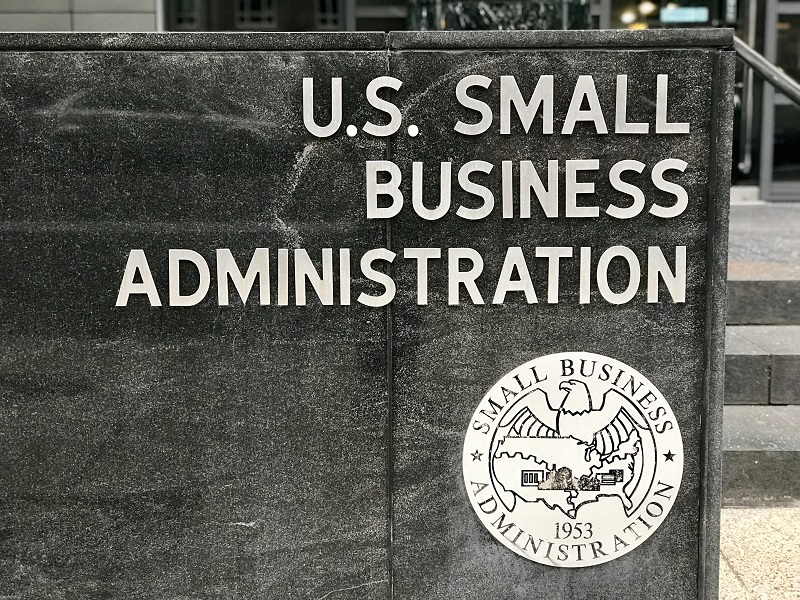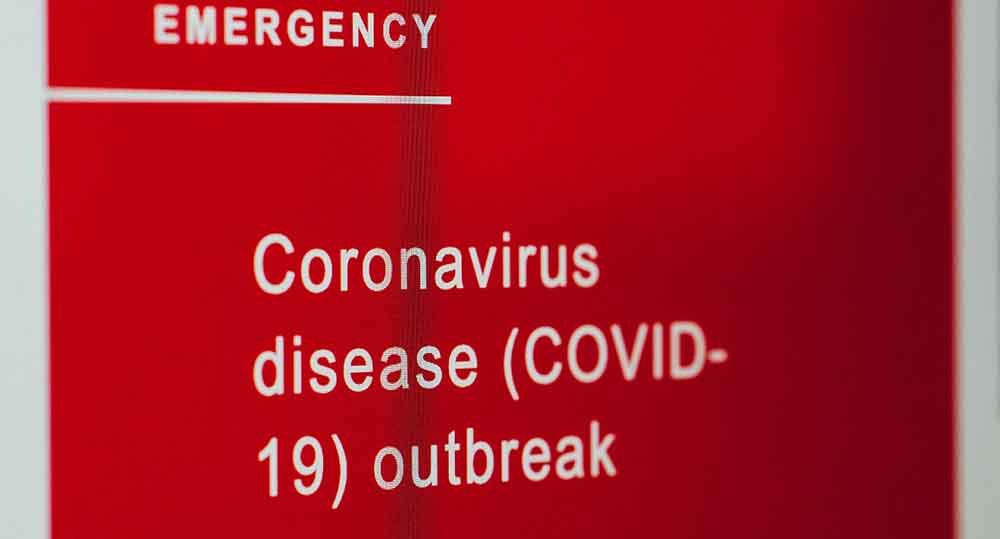Below is information for eligibility requirement for the PPP loan forgiveness poste by VR Business Brokers. Click for the pdf format for this article.
When the Coronavirus Aid, Relief, and Economic Security Act (CARES Act) was passed by Congress and signed into law by President Trump on March 27, 2020, economic assistance for American workers, families and small business affected by the COVID-19 pandemic became a reality.
The PPP authorized the Small Business Administration (SBA) to process loans for eligible businesses of up to $10 million. In addition, the SBA has said that PPP loans of $2 million or higher will likely be audited.
Since the CARES Act was a quickly created program, it has resulted in some confusion as to eligibility, terms, and forgiveness, and there have been many interpretations and Frequently Asked Questions (FAQs) addressing specific questions. In general, the PPP loan process forced businesses to address if they were eligible for PPP loans; if approved, should they keep the loan proceeds or return them and, if kept, how to have the loan forgiven.
In addition, another issue businesses were forced to address is how to account for PPP loan proceeds. PPP loan proceeds may potentially be forgiven if the loan proceeds are used for payroll, mortgage interest, rent and utilities. The forgiveness is based on maintaining employees and salary levels and amount of forgiveness can be reduced or eliminated if the number of employees or their salaries decrease. The rules on forgiveness are currently in flux, but a new form on forgiveness was recently issued by the SBA.
The legal form of a PPP loan is debt. As such, when initially received, it may be appropriate for the business to record a liability for the loan. However, depending on a business’ expectation for meeting the PPP’s eligibility and loan forgiveness criteria, it may be appropriate to record the PPP loan akin to a government grant. Both models are further discussed below.
If the business does not believe it will be meet the eligibility requirements for forgiveness and expects to repay the loan, the business would record a liability for the loan proceeds in accordance with Accounting Standards Codification (ASC) 470. The loan would be a liability, and interest would accrue on the loan over the life of the loan at the stated interest rate. Although the interest rate on this loan is 1% (below market), no additional interest would need to be accrued based on current market rates available to the business. ASC 835-30 excludes that requirement when the interest rate is prescribed by a government agency. If the business’ expectation changes for example, the PPP loan proceeds are later expected to be forgiven — the business would recognize a gain on the extinguishment of debt when the loan is forgiven.
If a business expects to meet the eligibility requirements for forgiveness with a high degree of confidence, it may recognize income as it incurs the qualified expenses under ASC 958-605. Effectively, businesses should account for PPP loans that are expected to be forgiven similarly to a government grant, which is earned as the company complies with the grant criteria. Generally accepted accounting principles do not address how a for-profit company should account for a loan that can be forgiven when, or if, certain conditions are met; however, they do indicate an entity shall first consider accounting principles for similar transactions or events within a source of authoritative U.S. GAAP for that entity (commonly known as analogizing) and then consider nonauthoritative guidance from other sources. Therefore, accounting for a business entity might best be done by analogizing to the not-for-profit guidance (ASC 958). If the business’ expectations change after reassessing the forgiveness provisions and the business’ compliance, or lack of, with those provisions, they may have to reverse previously recognized income in its statement of operations.
Regardless of accounting treatment, clear and robust disclosures of the PPP loans and how they have been accounted for should be included the financial statements.
One final note on PPP loan proceeds: IRS Notice 2020-32 confirms that businesses are currently not entitled to tax deductions for expenses that are usually deductible if they are paid by PPP loan proceeds. This IRS ruling is under review.


